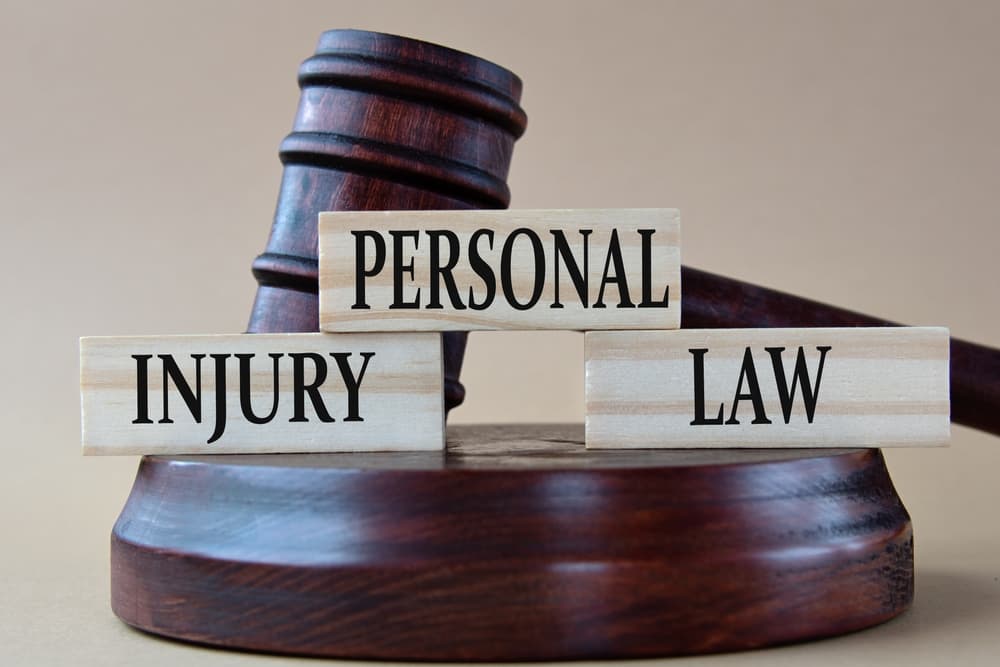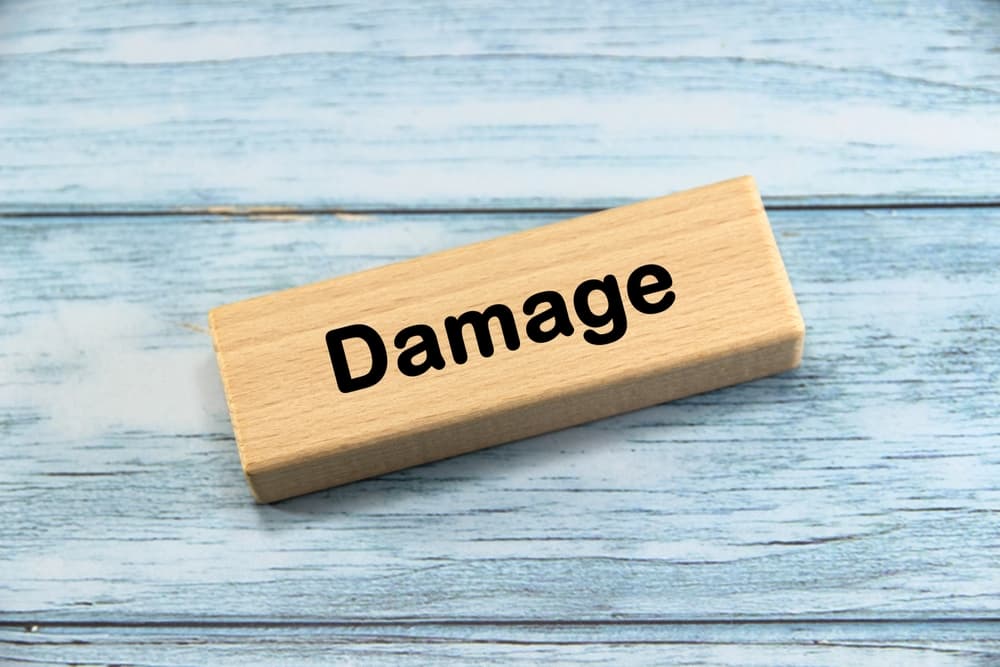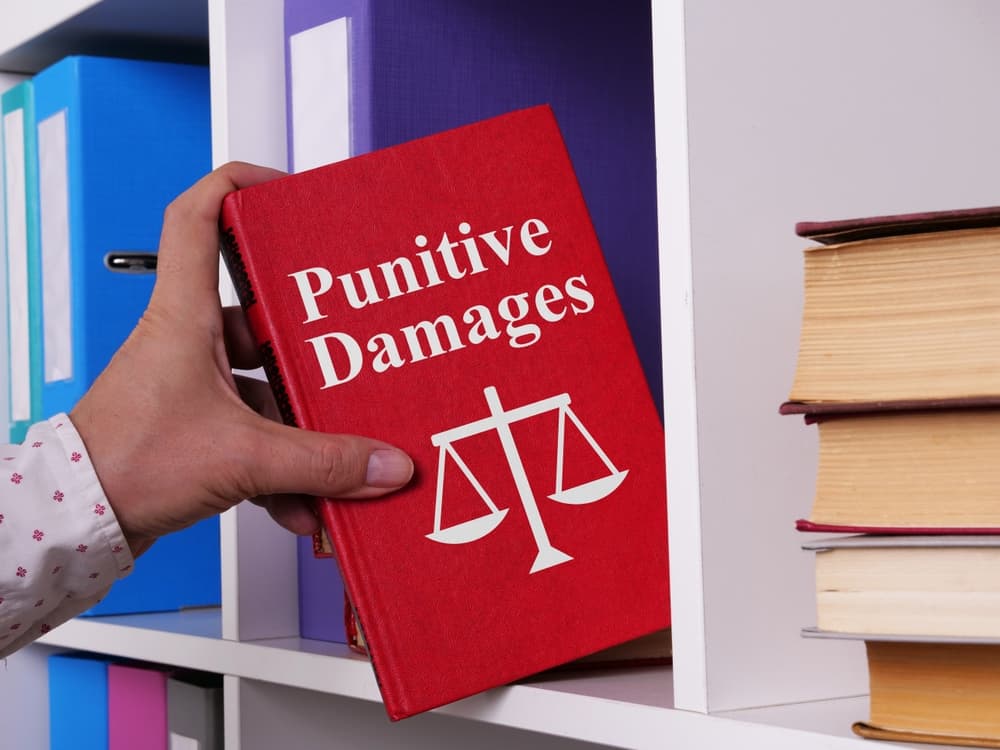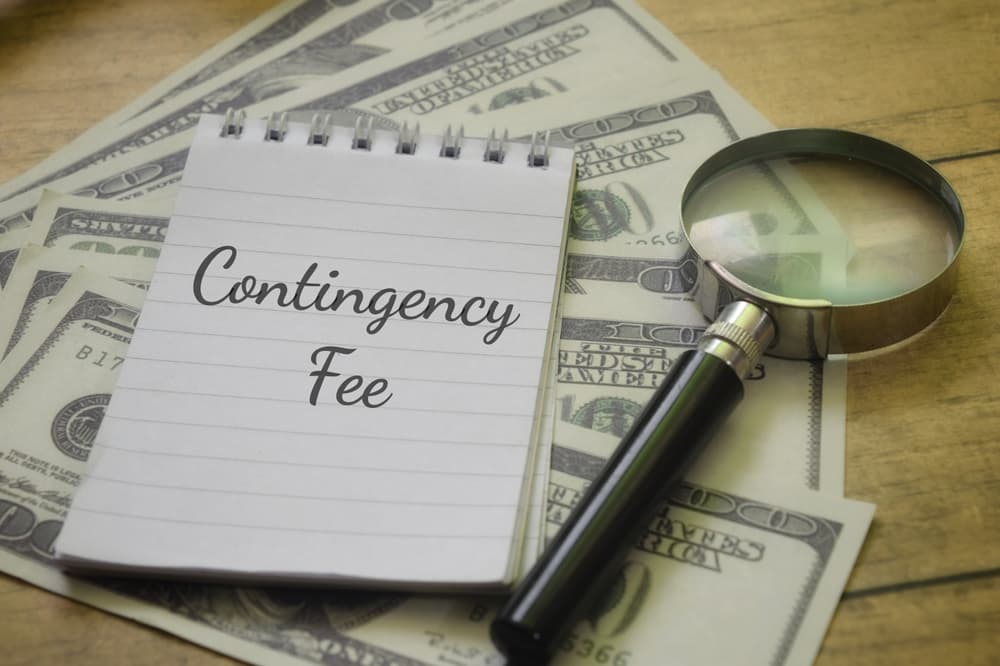
When you have suffered an injury in an accident due to someone else's negligence, you may have the right to significant money for your damages. You will need to file a personal injury claim to get justice and accountability for what happened to you.
However, getting a settlement check is not a victory if the check won’t cover the entire cost of your injuries. Here, you should receive compensation for all of your damages, and anything less than full payment represents a triumph for the insurance company, and a loss to you.
One way to prevent this negative outcome is to hire an experienced personal injury attorney to represent you. They will help you understand how much your case is worth and if you have an opening to go after the insurance company.
Your financial outcome may drastically differ if you do not hire a personal injury lawyer for your case. Insurance companies will try to run right over you by denying your claim entirely or paying you far less than you deserve.
You should schedule a free initial consultation with a personal injury attorney today. They will begin to learn the facts of your case while giving you initial legal advice about what you may be facing in the claims process.
From gathering evidence, to negotiating with insurance companies, a lawyer will handle all aspects of your case, allowing you to focus on your recovery. Otherwise, insurance companies will come to see you as a target, and they will mistreat you.
You Must Know the Value of Your Claim Above All Else

Before you file a personal injury lawsuit, you must know how much compensation to seek. You will request a certain amount of compensation reflecting the severity of your injuries as part of a lawsuit, both during settlement negotiations and if your case goes to a jury.
Further, your personal injury compensation covers both your past and future damages. You may be curious about how you can determine how you may suffer in the future, but that is one of the precise challenges of any personal injury case.
Your medical diagnosis forms the basis for your claim by predicting your future needs.
The only way you can have an accurate reading of the value of your case is by getting help from an experienced personal injury attorney. They have access to a network of professionals, including medical experts and accident reconstruction specialists, who can provide crucial evidence to support your claim.
These resources can make a significant difference in the outcome of your case, ensuring that you have the best possible chance of success.
You Never Want to Be at a Disadvantage to the Insurance Company
Insurance companies know exactly how to value every claim or lawsuit that they see. Unfortunately, they will place a finger on the scale to ratchet down your damages in every way possible.
They may challenge the severity of your injuries by having their own doctors (who have never seen you) evaluate your condition using information from your medical records. When all else fails, they will deny reality by lowballing your claim.
Your lawyer is an equalizer because they also know how much your case is worth after extensive analysis and research. Since your settlement check represents your actual harm, nobody should make a back-of-the-envelope calculation of your damages.
If you suffered severe injuries, your personal injury attorney may work with one or more expert witnesses to estimate your damages. Your view of reality will drastically differ from that of the insurance company.
Your Personal Injury Compensation Is Unique to You
One of the first questions you may want to pose to a prospective personal injury lawyer at an initial consultation is how much you can expect in a settlement check.
A personal injury attorney cannot give you an immediate answer. They need to review your situation before giving you a specific answer. Even if a lawyer gives you some explanation at an initial consultation, it will probably just provide a ballpark range of your compensation.
No two personal injury victims are alike. You are likely eligible for a different amount of compensation depending on how your specific injury has affected you.
For example, you may have a job requiring you to perform physical labor or work on your feet all day. If you suffered a broken leg, you cannot do that job. In addition, your injuries may have a different effect on you emotionally based on your situation.
The Broad Concepts That Underlie Personal Injury Damages
Once you prove that someone else was negligent, they inherit the legal obligation to return to the moment before their actions caused your injuries. Of course, there is no way to undo your injuries and the harm you suffered, but the responsible party should compensate you accordingly.
Broadly speaking, you can expect economic and non-economic damages for your personal injury. Economic damages pay you back for the actual money that you have lost. Non-economic damages compensate you for the physical and emotional effects of your injuries.
Economic Damages for Personal Injuries

Your personal injury caused you economic harm in several ways, and the most apparent ramification is that you will need to spend money on your medical care. Your health insurance provider and you (through your cost share) have likely spent a lot, and may need to pay more in the future.
Equally significant is that you may be unable to perform the work you did before your injury. You may have missed time from work while you were recovering, or you had to use your leave for doctor's appointments and rehabilitation.
Even if you can continue working in the future, you may not have the same career trajectory and earnings potential that you had before your injuries.
There may be a significant gap between the money you expect and what insurance companies offer. They will likely claim that your injuries have not impacted you as much as you say. Nonetheless, you must receive compensation in full for the money you lost and what you could have earned.
Non-Economic Damages in a Personal Injury Case
In addition to your actual economic damages, you have also experienced losses because your life has not been the same since you suffered an injury. These non-economic damages do not represent the actual financial costs associated with your injuries.
Pain and suffering are the bulk of your non-economic damages. These represent the actual physical and mental health effects that you have been experiencing and will endure in the future because of your injuries.
Pain and suffering damages require a lawyer to value and document. You will have to tell your story in the face of an insurance company that wants to deny reality in favor of its financial interests.
Insurance companies employ the multiplier method to estimate the damages caused by your pain and suffering. They apply the multiplier to your medical expenses to determine the exact amount you should receive for pain and suffering.
Beware when insurance companies try to act like they are being objective. They are trying to cut you and your own story out of the picture to pay you less than the total amount.
It is up to your personal injury lawyer to ensure that the insurance company listens to you and to push back on any attempts to undervalue your pain and suffering damages.
You Can Seek Punitive Damages, But They Are Rare

Many litigants want to see the responsible party punished in every fashion possible. One way a jury will send a message to a defendant is by assessing punitive damages as part of the verdict. Punitive damages will magnify the amount of money you receive.
However, punitive damages are relatively rare in a personal injury case and are usually for situations where the responsible party acted with a significant degree of culpability or gross negligence. Juries may angrily react when they see an extremely careless defendant (often a corporation) who injured a plaintiff, and the victim must live with the effects of the accident for the rest of their life.
Although punitive damages are usually for severe cases, the prospect of the defendant having to pay them is often enough to give you some leverage in settlement negotiations.
You Have to Fight for Every Dollar You Get
Insurance companies will likely make you a settlement offer during the pendency of your personal injury case. They are rational and always look at their own risks progressively during your case based on the strength of the case you present.
For example, suppose you have compelling evidence that their policyholder was negligent. In that case, it can give you even more leverage and make the insurance company more afraid of potentially going to trial.
One thing is sure: insurance companies will start very low in settlement negotiations. The first offer is often for only a fraction of your deserved amount. Your personal injury lawyer has the experience to deal with this situation.
The best course of action is to reject a settlement offer that is too low. You must send a message to insurance companies that you will fight to get them to pay you fully. Saying no is undoubtedly your right because you have the entitlement to the total amount of your damages.
Your personal injury lawyer may counter with a settlement figure of your own. A lawyer may even file a lawsuit on your behalf to take the matter out of the insurance company's hands and begin letting a jury handle the matter.
More often than not, you will still reach a settlement agreement, even if it happens on the eve of trial. Both you and the insurance company have motivations to settle.
You may not want to take the risk that the jury will find that the defendant was not to blame for your injuries. Then, you will get nothing.
Usually, the cases that go to the jury are ones where liability is more in question because the insurance company will usually settle every other case. Still, insurance companies do not want to face an angry jury, where punitive damages may cost them far more than a fair settlement offer.
It Costs You Nothing Out of Pocket to Hire a Personal Injury Lawyer

After an accident and medical expenses, the last thing you want to worry about is how to pay for legal representation. The good news is that hiring a personal injury lawyer costs you nothing out of pocket.
Most personal injury attorneys work on a contingency fee basis, which means they only get paid if they win your case. This fee is a percentage of your compensation, usually around 30 percent, but can vary depending on the case. So, if you do not win, you do not pay.
Hiring a personal injury lawyer on a contingency fee basis aligns your interests with theirs. They will work to obtain the maximum compensation possible for you because their fee depends on the outcome of your case. This arrangement motivates your lawyer to work hard to build a strong case, gather evidence, and fight for your rights every step of the way.
Contact a Skilled Personal Injury Attorney Today
Every personal injury case is unique, and consulting with an experienced personal injury attorney is the best way to understand your rights and how much money you should expect. You can focus on your recovery while they handle the legal process, ensuring you receive the fair compensation you deserve.

